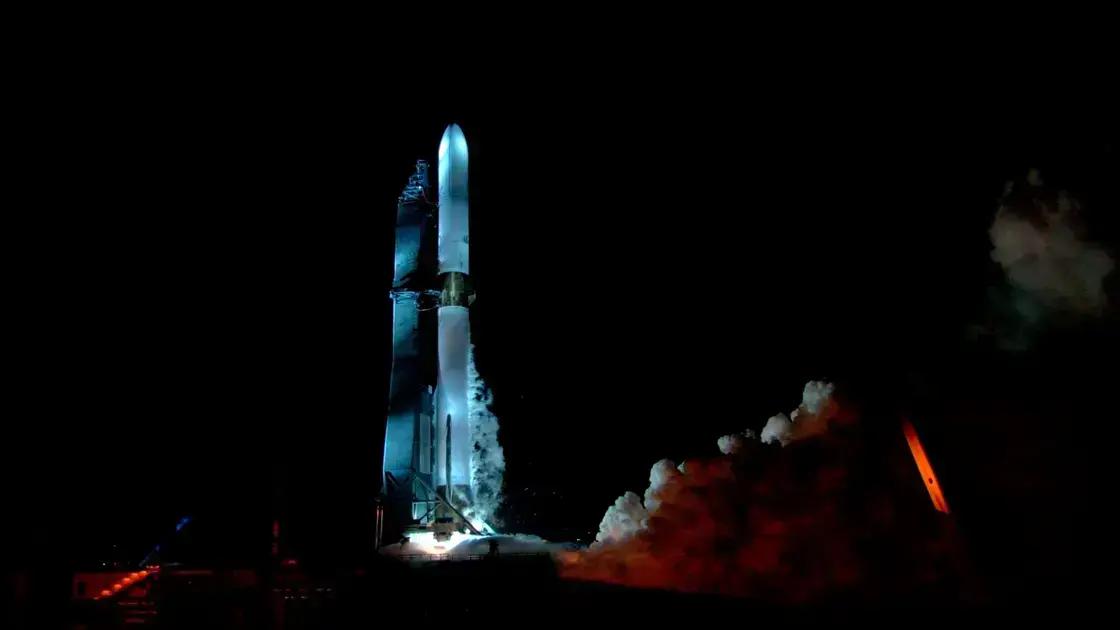Blue Origin, the rocket company founded by Jeff Bezos, is gearing up for a significant milestone with its New Glenn heavy-lift rocket. According to an air traffic control advisory, the company could conduct its first rocket launch by the end of the first week of January. This launch is set to take place at the Cape Canaveral Space Force Station in Florida, where extensive testing has been underway.
Recently, Blue Origin completed a hotfire test of the New Glenn rocket, a crucial step in the preparation for its inaugural flight. The company has also secured a launch license from the FAA, which officially clears the way for the upcoming mission. This mission, dubbed Pathfinder, aims to deploy a satellite adapter as part of a demonstration for the Space Force.
Details on the Upcoming Rocket Launch
The Pathfinder mission is designed to showcase the capabilities of the New Glenn rocket. This heavy-lift vehicle is expected to compete with other established rockets in the industry, such as SpaceX’s Falcon 9. The New Glenn’s design focuses on reusability, which could potentially lower the costs associated with space launches.
As Blue Origin prepares for this launch, the company is also looking to expand its role in the growing space industry. The New Glenn rocket is part of a broader strategy to provide reliable access to space for various customers, including government and commercial entities. This aligns with the increasing demand for satellite launches and other space-related services.
In addition to the Pathfinder mission, Blue Origin has plans for future launches that will further demonstrate the capabilities of the New Glenn rocket. The company aims to establish itself as a key player in the competitive landscape of space exploration and satellite deployment.
What to Expect from Blue Origin’s New Glenn
The New Glenn rocket features a two-stage design, with the first stage powered by seven BE-4 engines. This configuration is intended to provide significant thrust and payload capacity, making it suitable for a variety of missions. The rocket’s ability to carry large payloads into orbit is a critical factor in its design.
Moreover, the New Glenn’s reusability aspect is a game-changer in the industry. By allowing the first stage to be recovered and reused, Blue Origin aims to reduce the overall costs of space launches. This approach could make space more accessible for a wider range of customers, from startups to established aerospace companies.
As the countdown to the first rocket launch continues, the excitement surrounding Blue Origin’s New Glenn is palpable. The upcoming mission is not just a test of technology; it represents a significant step forward for the company and the broader space industry.
Stay tuned for updates as Blue Origin approaches this pivotal moment in its journey. The success of the Pathfinder mission could pave the way for more ambitious projects in the future, solidifying the company’s position in the competitive space launch market.
Via Tekimobile


